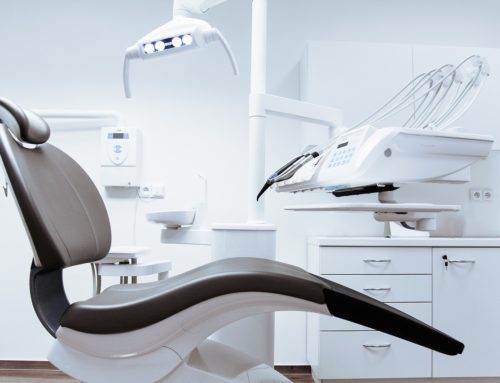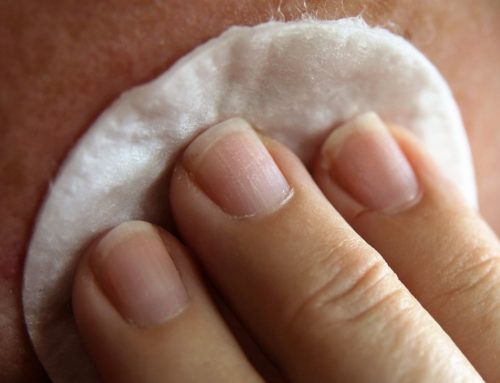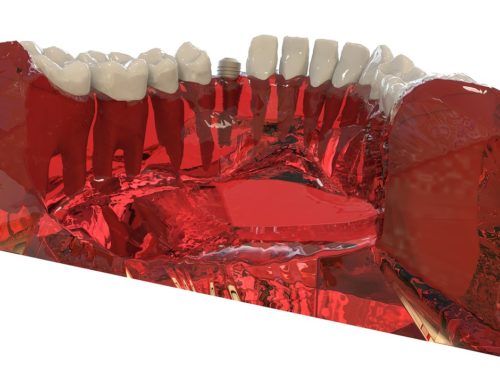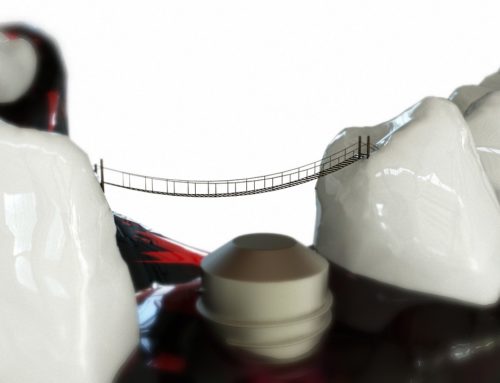If you’ve seen babies or young children with a curious split or gap in their lips, or if your own child has this gap on either his lips or palate, then you’re familiar with the condition known as cleft lip or palate. Occurring in one in every 1,000 births, clefts are malformations in the face and the mouth which not only increases the baby’s risks of dental and oral problems, but can also affect their speech and their self-esteem if not fixed by a Philadelphia oral surgeon.
How Cleft Lip and Palate Happens
Cleft lip or palate is named the fourth most common birth defect among babies in the U.S., and is often seen on children of Asian, Latino or Native American descent. Often, a child can have a cleft lip without a cleft palate or vice versa (or both). Cleft lips are often seen among boys, with or without a cleft palate, but twice as many girls can have a cleft palate without a cleft lip.
Despite all the research done on this subject, however, the definite causes for a cleft lip and palate remain unknown to this day. The only thing known for sure about clefts is that they form while the baby develops inside the mother’s womb – during the development of a child within the womb, body tissues and special tissues grow from each side of the head to form the face, with the lip forming between the fourth and seventh week of pregnancy. Clefts on the lip or the palate happen when there is not enough tissue around the lip or mouth to join properly.
Factors Involved
Although medical experts haven’t been able to pinpoint definite reasons why cleft palate happens, the Centers for Disease Control and Prevention have been able to list down several contributing factors to the development of clefts among babies, such as smoking during pregnancy and being diagnosed with diabetes. Women who took medications for epilepsy during the first trimester of pregnancy were also found to be more likely to give birth to a child with a cleft lip with or without a cleft palate.
Health Effects
Having a cleft lip and palate can make eating difficult, for food passing through the mouth can also go through the nose. Moreover, children born with a cleft lip and palate have an increased risk of acquiring ear infections (which can lead to total hearing loss) and cavities. Fortunately, these problems can be prevented with the help of an oral surgeon in Bala Cynwyd and nearby areas in Philadelphia, such as Dr. Anthony Farole, D.M.D.
Take the Next Step
Want to learn if a Dental Implants is right for you? Schedule a consultation at Dr. Farole’s Facial Cosmetic Surgery Center in Bala Cynwyd, PA by giving us a call at (610) 668-3300 today.
(Source: Cleft Lip and Cleft Palate, WebMD)






